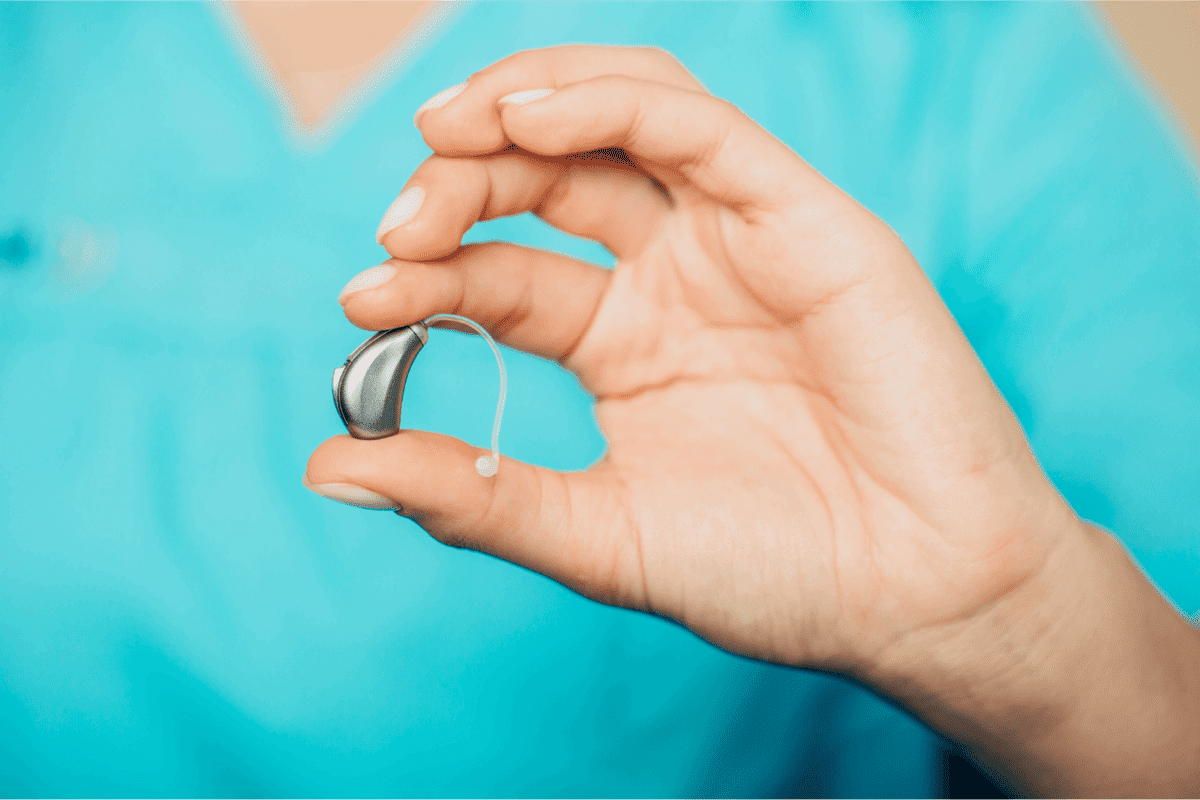- The Advantages of Rechargeable Hearing Aids - July 16, 2024
- How to Enjoy Music Festivals While Protecting Your Hearing - July 3, 2024
- Over-the-Counter Hearing Aids vs. Custom Hearing Aids - June 28, 2024
Hearing is a precious sense that allows us to connect with the world around us. Yet, millions of people around the world struggle with hearing loss. According to the World Health Organization (WHO), approximately 466 million people suffer from disabling hearing loss. Fortunately, hearing aids are powerful tools that can significantly improve the quality of life for those experiencing hearing impairment. In this blog, we will explore the importance of using hearing aids, why they matter, and how they can transform lives.
Understanding Hearing Loss
Before delving into the importance of hearing aids, it’s essential to understand the nature of hearing loss. Hearing loss can occur due to various factors, including age, exposure to loud noise, genetic predisposition, infections, and medical conditions. Regardless of its cause, untreated hearing loss can have far-reaching consequences on an individual’s physical and emotional well-being.
The Impact of Untreated Hearing Loss
- Isolation and Loneliness: One of the most significant consequences of untreated hearing loss is social isolation. Individuals with hearing impairment often struggle to engage in conversations, leading to feelings of loneliness and withdrawal from social activities.
- Reduced Quality of Life: Hearing loss can hinder an individual’s ability to enjoy life to the fullest. It can impact their confidence, happiness, and overall well-being.
- Cognitive Decline: Numerous studies have shown a link between untreated hearing loss and cognitive decline, including an increased risk of dementia and cognitive impairment. This highlights the importance of addressing hearing loss promptly.
- Strained Relationships: Communication is the foundation of healthy relationships. Untreated hearing loss can strain relationships with family members, friends, and colleagues, as misunderstandings and frustration become more common.
- Decreased Safety: Hearing impairment can compromise an individual’s safety, as they may not hear warning signals, alarms, or approaching vehicles, increasing the risk of accidents.
The Role of Hearing Aids
Hearing aids are sophisticated devices designed to amplify and enhance sounds for individuals with hearing loss. These devices can be life-changing for those who use them. Here’s why hearing aids are crucial:
- Improved Communication: The primary purpose of hearing aids is to improve communication. They make it possible for individuals with hearing loss to participate fully in conversations, enhancing their relationships and reducing social isolation.
- Enhanced Quality of Life: By enabling individuals to hear more clearly, hearing aids contribute to an improved quality of life. Users can once again enjoy music, participate in social events, and engage in their favorite activities without limitations.
- Cognitive Benefits: Recent research has shown that using hearing aids can help slow the cognitive decline associated with untreated hearing loss. By addressing the root cause, hearing aids can have a positive impact on cognitive function.
- Safety: Hearing aids enable users to be more aware of their surroundings, enhancing safety. They can hear important warnings, traffic signals, and emergency alerts more effectively, reducing the risk of accidents.
- Confidence Boost: Many people with hearing loss experience a decline in self-esteem and confidence. Hearing aids can restore confidence by helping individuals feel more connected and capable in various social and professional settings.
Choosing the Right Hearing Aid
When considering hearing aids, it’s essential to work closely with an audiologist or hearing healthcare professional. They can help determine the extent of your hearing loss and recommend the most suitable hearing aid for your needs. Hearing aids come in various styles and technologies, and the choice depends on factors such as your lifestyle, budget, and the severity of your hearing loss.
Types of Hearing Aids:
- Behind-the-Ear (BTE): BTE hearing aids are worn behind or on top of the ear. They are suitable for various degrees of hearing loss and offer advanced features and customization options.
- In-the-Ear (ITE): ITE hearing aids are custom-molded to fit inside the ear canal. They are less visible and suitable for mild to moderate hearing loss.
- In-the-Canal (ITC) and Completely-in-the-Canal (CIC): ITC and CIC hearing aids are smaller and fit partially or completely inside the ear canal, making them discreet options for mild to moderate hearing loss.
- Receiver-in-Canal (RIC) and Receiver-in-the-Ear (RITE): These hearing aids have a small device behind the ear with a receiver inside the ear canal. They are suitable for mild to severe hearing loss and offer excellent sound quality.
Wrap Up
Hearing aids are not just devices; they are tools that can transform lives. The importance of using hearing aids cannot be overstated, as they provide a gateway to a world of sound, connection, and improved well-being. By addressing hearing loss promptly and choosing the right hearing aid with the help of a qualified professional, individuals can regain their confidence, enhance their relationships, and enjoy a better quality of life.
If you have any questions or would like to schedule your next hearing checkup, please contact us.

